Can I Connect my 50 Amp RV to a 30 Amp Service?
The short answer is yes, however there are some issues that you need to consider when you do this. The first thing to know is that if you are in a 50-amp RV and if there is 50-amp service available, you should go to the site that is dedicated to 50-amp service. Some people will try to save a few dollars by going to a 30-amp site, and while you may get away with it, in the long run you could be opening yourself up to potential RV issues. So rule number one: only use a 30-amp power supply if 50-amp is not available.
Now let’s get into the electrical considerations. If your 50-amp RV is plugged into a 30-amp service, you will not be able to use everything in your RV. Let’s look at the numbers. A 30-amp service will provide you with 3,600 watts of availability because a 30-amp service is run by one 120-volt line, so 30A x 120V= 3,600W (Amps X Volts = Watts).
Generally the breakers used in an RV park are not going to have a tight tolerance for when the breaker trips - maybe 10-20% over or under the 3,600 watts. So doing some rough math, the breaker at the pedestal could reach its limit anywhere from around 2,850 to 4,300 watts. This won’t be a problem for an RV that is made to run on 30-amps because they are built to run well within the limits, but for a 50-amp RV, this wattage limitation can quickly become an issue.
So does a 50-amp RV only require about 60% more wattage than a 30-amp RV? After all, 50 is only about 60% more than 30. The answer is no because a 50-amp service runs on two 120-volt lines instead of the one 120-volt line that a 30-amp RV uses, and therefore the equation is 50A x (2)120 volts which equals 12,000 Watts of availability. WOW! That is nearly 3 times the amount of power for a 50-amp RV than a 30-amp RV.
Even though this is the case when you are on a 50A pedestal, you can only use a third of what you may normally run on a normal 50-amp service. Now this is still doable if you need to. You will certainly be limited to one AC unit, and I wouldn’t be cranking out an 1,800-Watt hair dryer while I am staying there. There are charts online that you can look at how many watts an average appliance uses, and this could be helpful. Keep in mind, an air conditioner may run on 1,000 watts, but it could take double that to start it.
There are devices at TechnoRV that allow you to run 2 ACs on only 30-amps of power, and you can do this by installing one on each air conditioner. They reduce the spike that occurs during startup which is what keeps you from being able to run 2 ACs on 30-amps. You can learn more about these AC softstarters here.
There are 50-amp RVs that are being run on 30-amp service in parks every day, so don’t be afraid to do this if that is all that is available. Just be sure to be frugal on what you normally run in your RV. There will be times that you pull into a park after a long day of driving and find that a 30-amp is all that is available. Just pull out your proper 30A to 50A adapter plug, and make sure you do not exceed the wattage availability.
The Surge Guard Electrical Protection Systems are the best defense against the electrical issues you face in RV parks. They protect against overcurrent, surges, low and high voltage, miswired pedestals and more. You can learn more about the Surge Guard Electrical Protection Systems here.



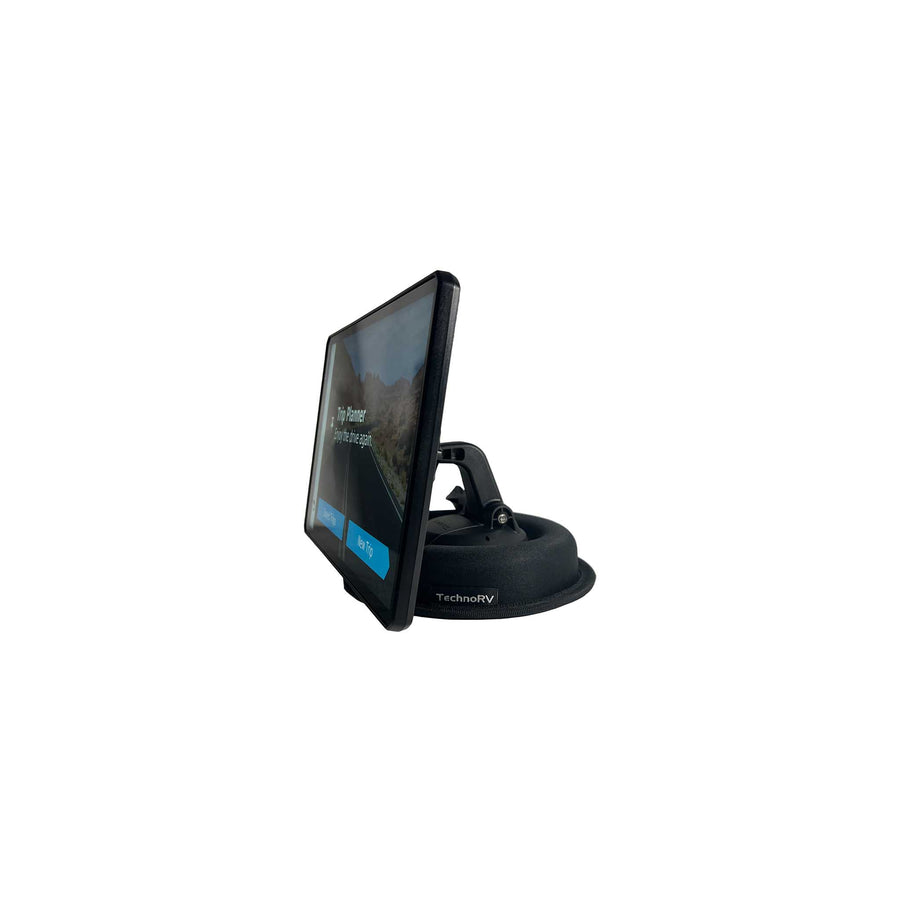

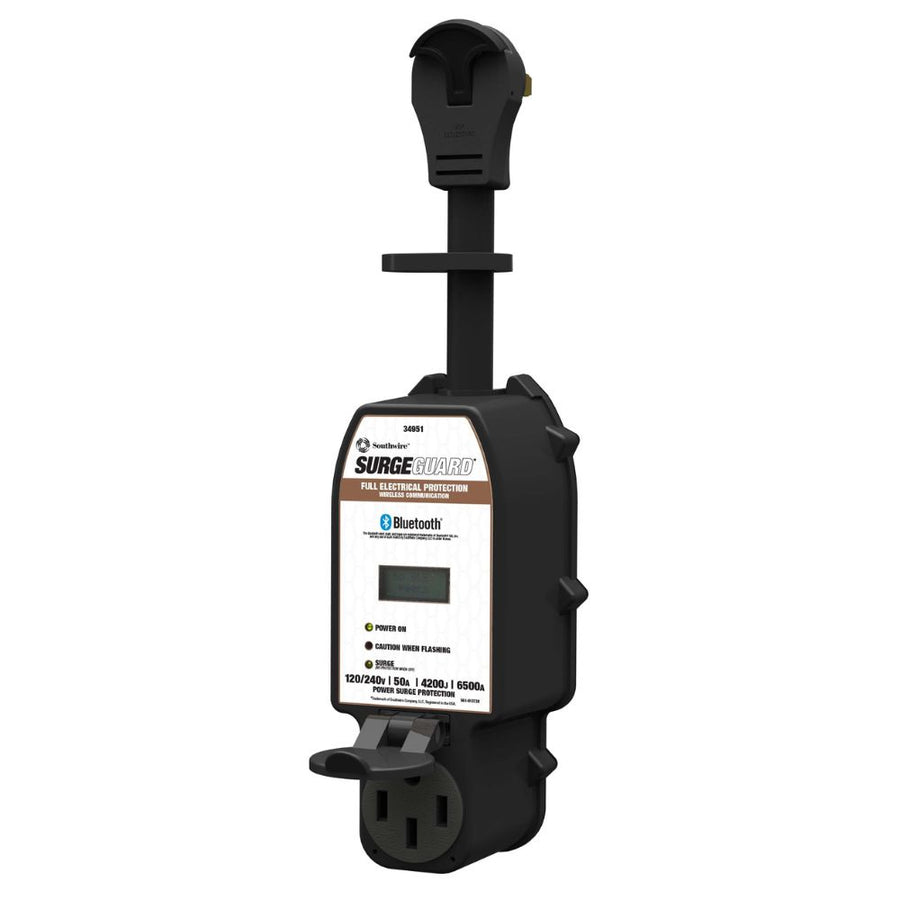

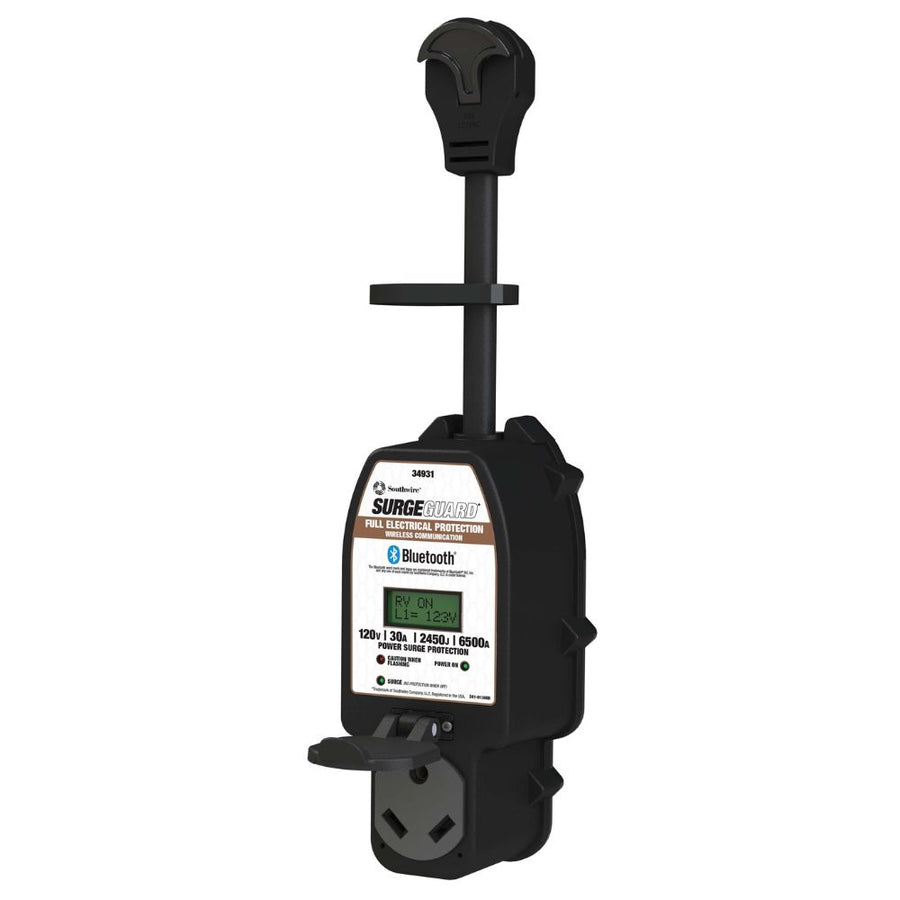

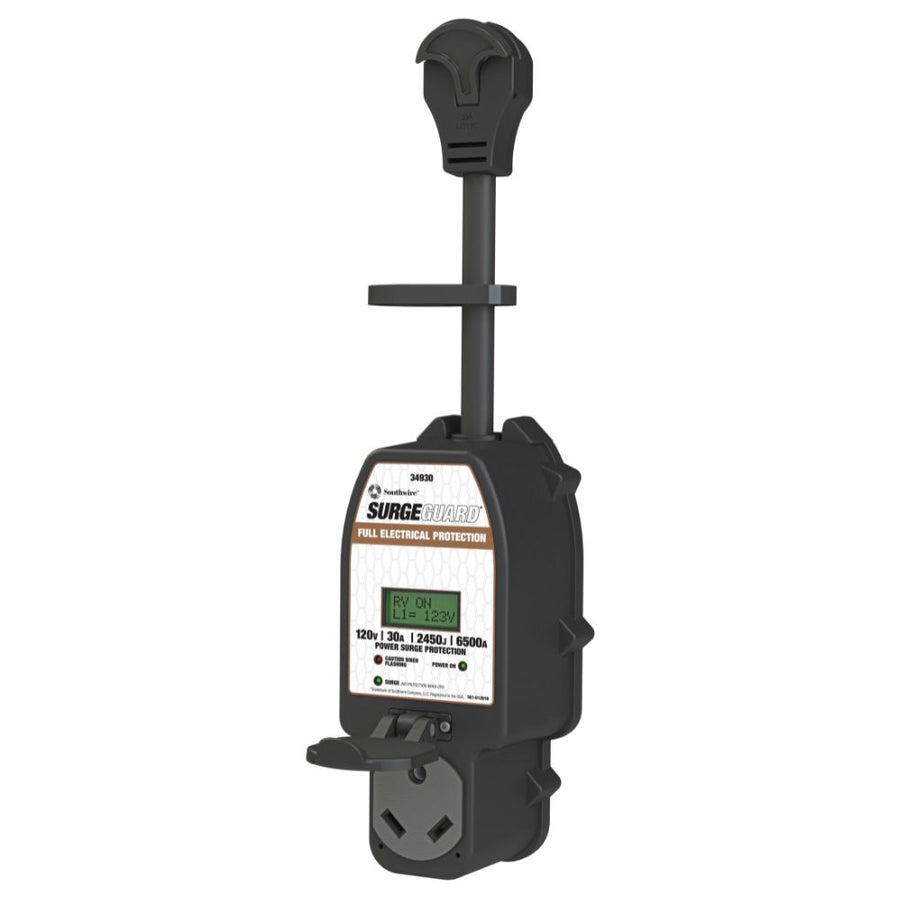

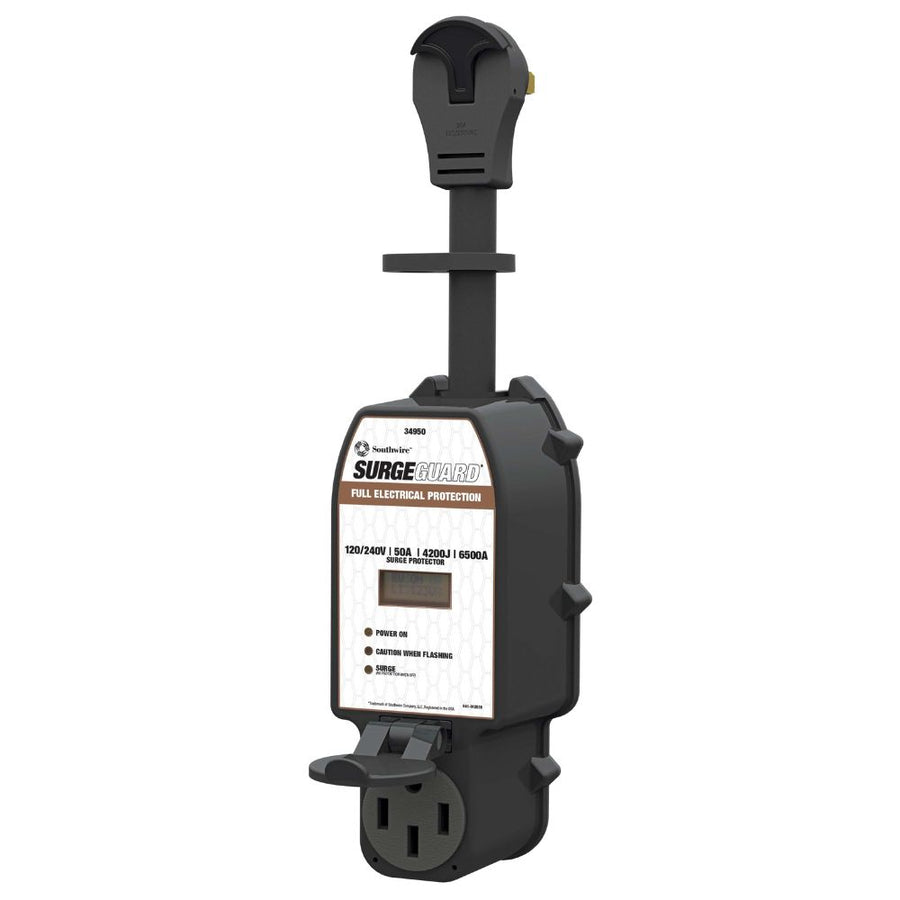


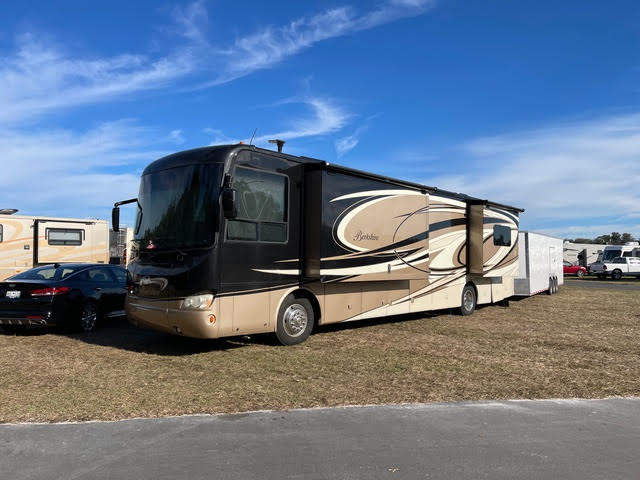
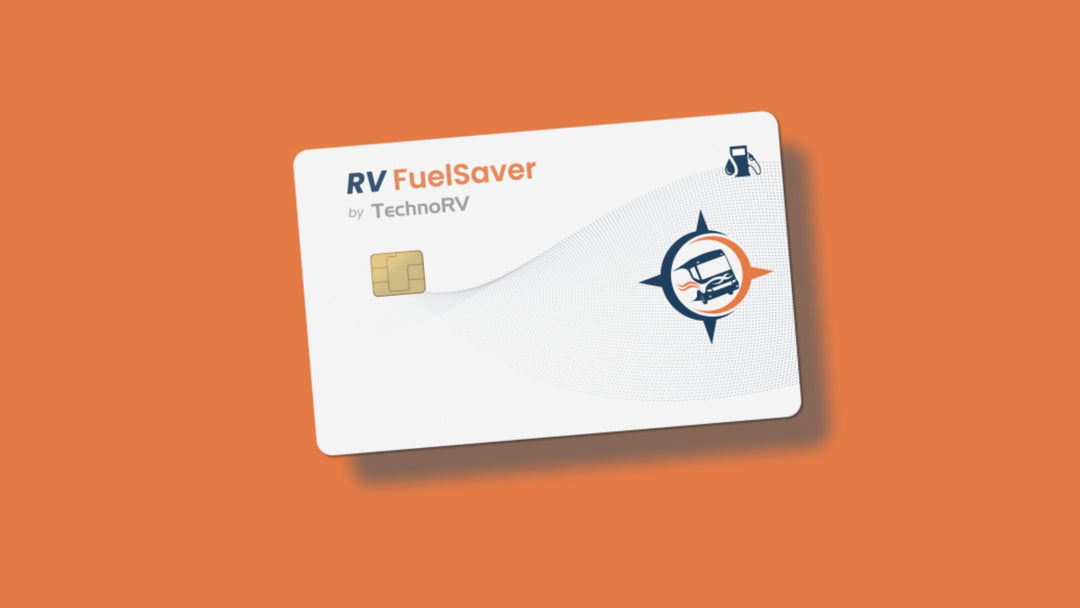
Leave a comment